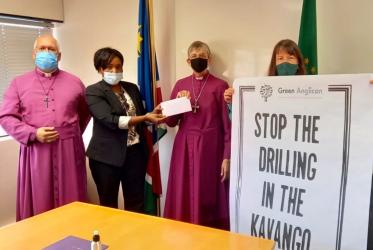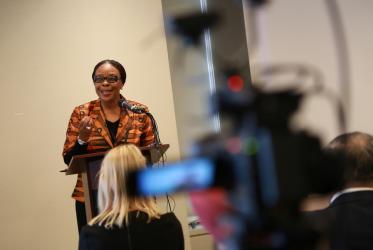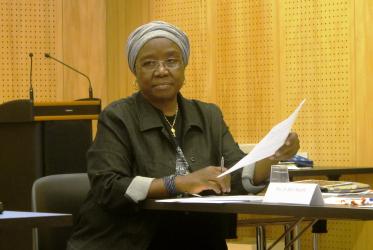Displaying 1 - 11 of 11
In Zambia, foreign investors complicate “economy of life”
06 September 2017
GEM School: integrating theology and economics
05 September 2017
Land rights focus of panel discussion
17 November 2015
Ecumenical panel promotes economic justice
17 January 2014
Churches engage in development dialogue on Africa
06 March 2013





